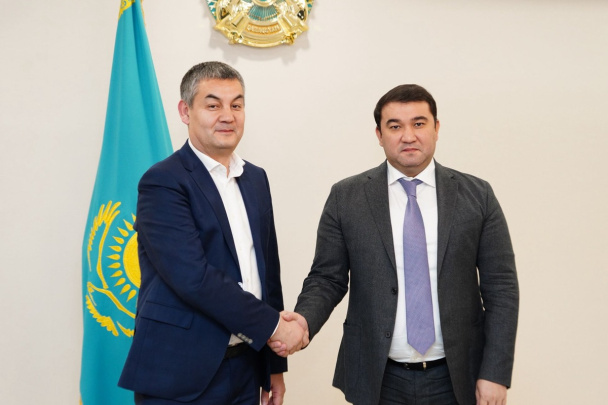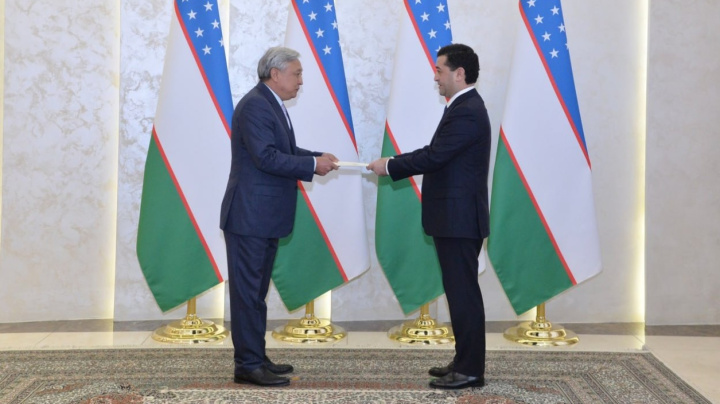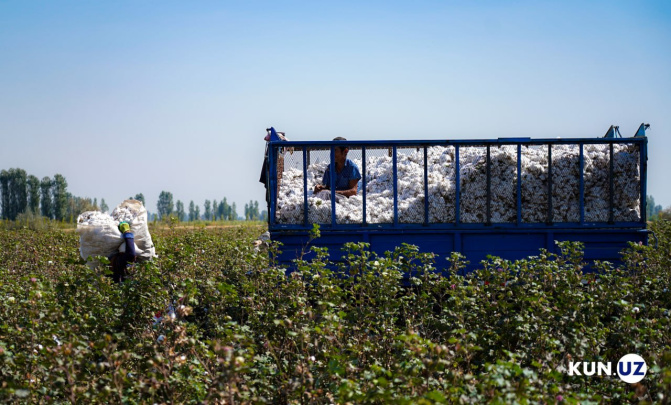In Uzbekistan, the CDC will use these new funds to address the most urgent needs that were identified by the Ministry of Health. These include procurement of laboratory supplies and equipment for COVID-19 testing, which will lead to increased capacity for diagnosis of COVID-19 infections and rapid turn-around of test results. The funds will also be used for equipment and training to establish an Uzbekistan Public Health Emergency Operations Center (EOC), similar to the CDC EOC in Atlanta.
CDC will also provide technical assistance for point-of-entry screening, which will strengthen the country’s capacity to detect and respond to individuals at border crossings.
“We have been closely monitoring the COVID-19 situation in Central Asia since January and have offered technical assistance to all the governments in the region to support their outbreak response,” said CDC Central Asia Director Dr. Daniel Singer, speaking at a telephonic press briefing from Almaty, Kazakhstan.
“These funds will allow us to further strengthen the measures taken by countries to slow the spread of the virus. This builds on CDC’s long-standing regional work to control HIV and TB and prepare for influenza and other pandemic diseases. CDC investments to improve health security have laid foundations to rapidly and effectively prepare for emerging threats, including the current coronavirus outbreak, and we feel our collaboration with the ministries of health is more important now than ever.”
CDC Central Asia has been supporting the ministries of health in Central Asia since the beginning of the outbreak by organizing trainings, and providing technical assistance on emergency operations, laboratory operations, infection prevention and control, screening at ports of entry, risk communication and community engagement, and disease surveillance. They have also been translating technical guidance documents published by leading international public health organizations into Russian for distribution.






